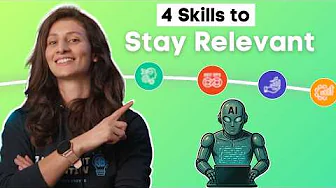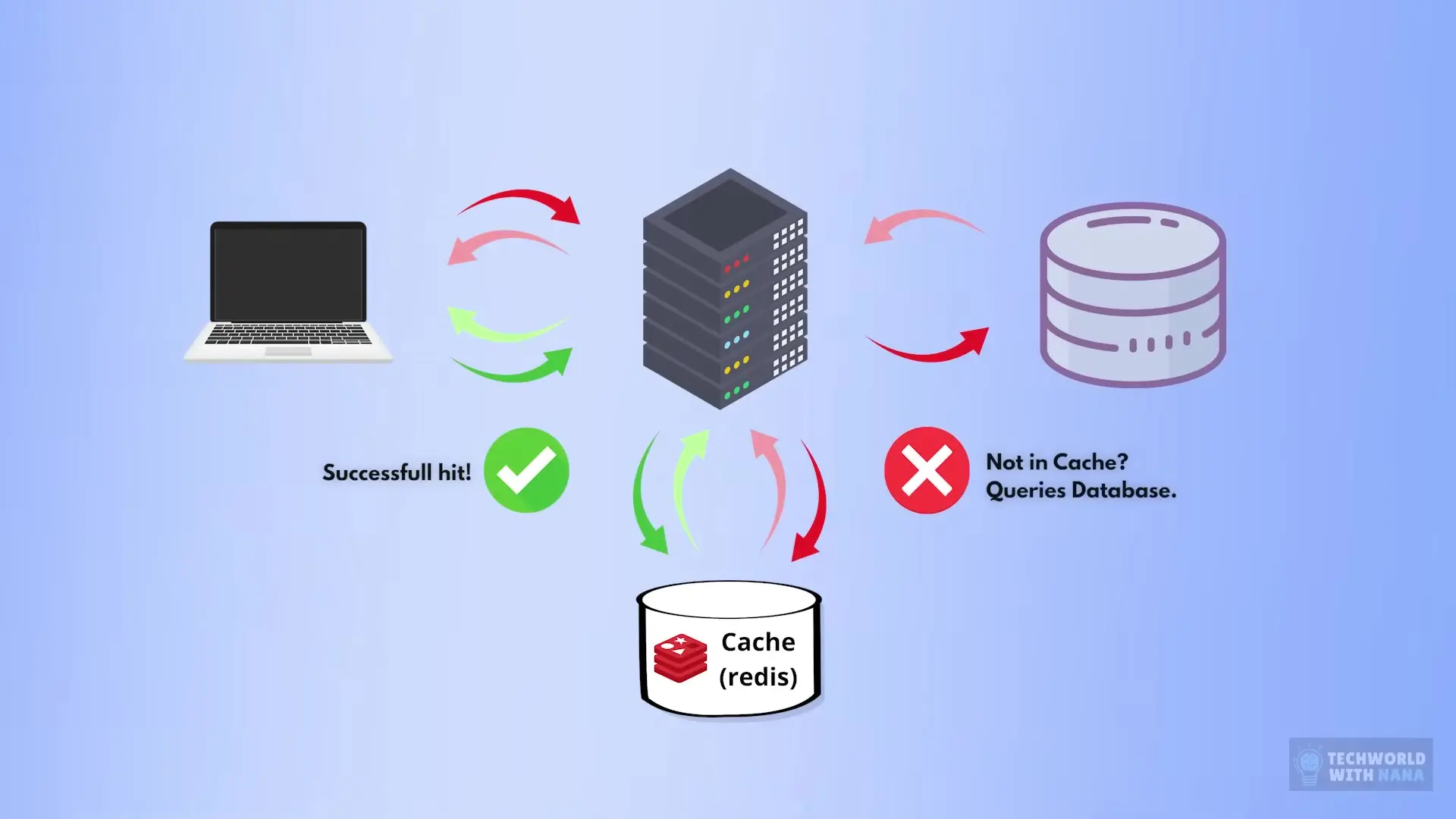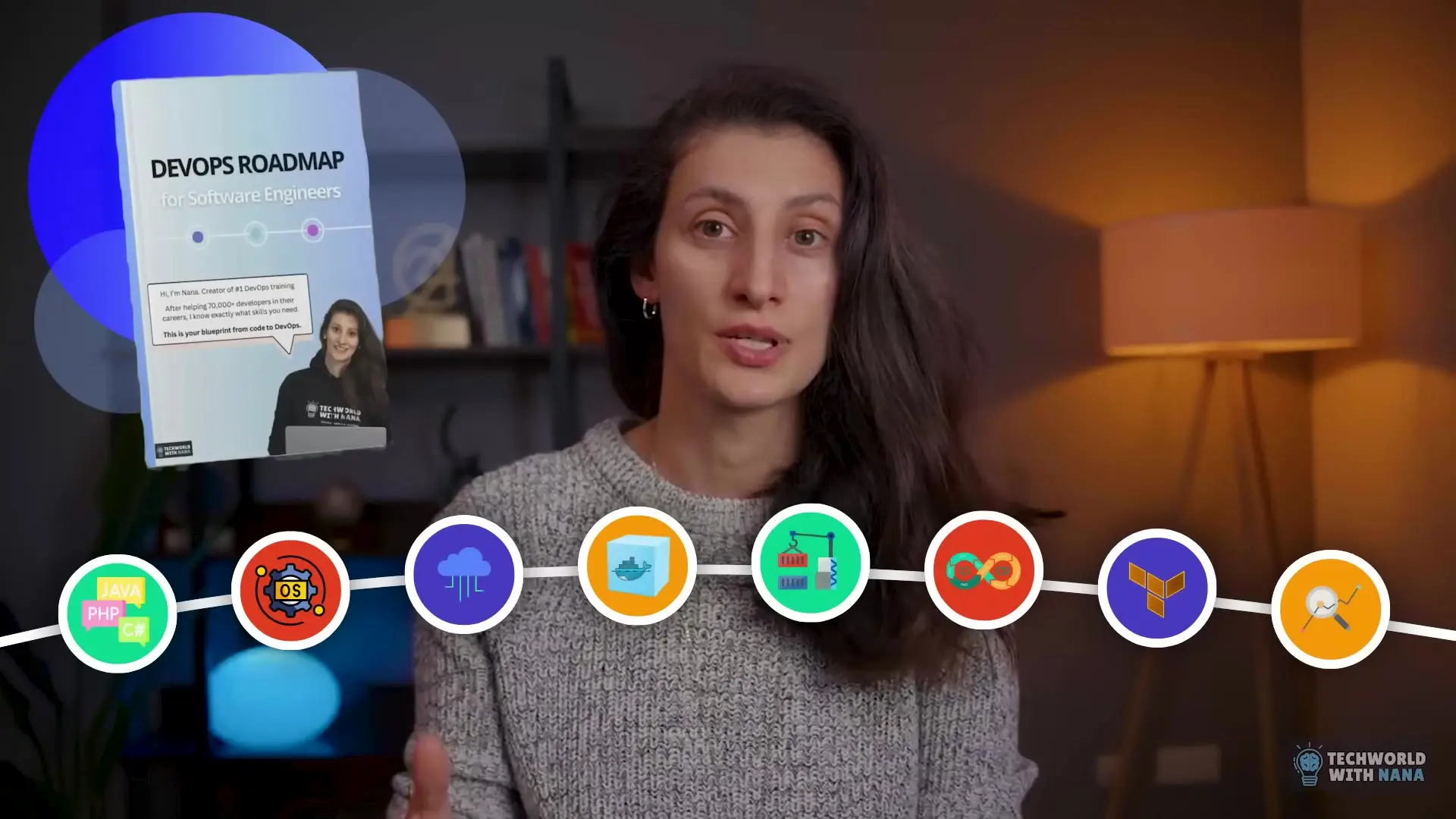
Imagine this scenario: You're a developer who has spent years mastering programming languages and frameworks, taking pride in your ability to solve complex problems. Then one day, you watch as an AI assistant writes a function in seconds that would have taken you 20 minutes. This moment of realization is happening in engineering teams everywhere right now, and it's fundamentally changing how we need to approach our careers in software development.
With AI tools flooding the tech landscape, the question isn't whether they will impact our work—it's how we can adapt to stay relevant and valuable as engineers. This new reality requires a strategic shift in where we focus our learning efforts because the change feels more fundamental than previous tech evolutions. It's not just about learning a new tool; it's about completely redefining our role in the development process.

Skill #1: Architectural Thinking - The Foundation of AI-Proof Engineering
The first critical skill that will set you apart in an AI-augmented world is architectural thinking. While AI tools can generate optimized code snippets or help implement specific components, they cannot make fundamental architectural decisions that shape entire systems.
Consider this scenario: Your team needs to scale an application to handle 10 times its current traffic. While junior developers might immediately start optimizing database queries and mid-level engineers research load balancers, an engineer with strong architectural thinking takes a step back and asks more fundamental questions:
- Is our current architecture suitable for this scale?
- Should we consider breaking down our monolith into microservices?
- Do we need to rethink our data storage approach entirely?
- What are the business implications of different scaling strategies?
These architectural decisions require understanding not just the code, but also business priorities, operational constraints, and long-term technical strategy. When performance issues arise in production, AI might suggest code optimizations, but it cannot determine whether the real solution lies in changing your database interaction patterns, implementing caching strategies, adopting an event-driven architecture, or breaking down a monolith into microservices.

As AI tools get better at writing code, the value of coding skills alone will decrease, but the value of architectural thinking—the ability to design systems and make strategic technical decisions aligned with business goals—will increase dramatically.
Skill #2: DevOps Expertise and Cloud-Native Implementation
After making architectural decisions, the next critical skill is implementing them efficiently with modern DevOps practices and cloud-native technologies. This isn't just about knowing a few tools—it's about creating an entire system that enables continuous delivery of value to users.
In today's cloud-native world, this means mastering technologies like containers, Kubernetes, cloud services, and CI/CD workflows that fundamentally transform how applications are deployed and scaled. Let's see how this plays out in practice:
- Containerize each microservice using Docker to ensure consistent execution across environments
- Deploy containers to a Kubernetes cluster for automated scaling, self-healing, and load balancing
- Implement infrastructure as code so your entire cloud setup can be deployed consistently across environments
- Set up CI/CD pipelines that automatically test and deploy microservices when changes are made
- Integrate automated security checks at every step of your pipeline to scan for vulnerabilities
While AI can help generate code for individual components, it cannot design and implement this holistic cloud-native approach that connects development, operations, and business outcomes. Companies are desperately seeking engineers who understand not just how to write code but how to build efficient delivery pipelines on modern cloud platforms.

In today's competitive landscape, the speed and reliability with which companies can deliver features to users often determines success or failure. Engineers who can implement these DevOps practices will remain extremely valuable despite AI advancements in code generation.
Skill #3: System Integration and API Design
As applications become more distributed and rely on various services, the ability to design robust integration patterns and APIs becomes increasingly valuable. This skill goes beyond just creating endpoints—it's about designing intuitive, scalable, and secure interfaces between systems.
Effective API design requires understanding:
- How different systems and teams will use your interfaces
- Appropriate authentication and authorization patterns
- Rate limiting and throttling strategies
- Version management to allow evolution without breaking existing integrations
- Documentation that makes your API discoverable and usable
While AI tools can generate API boilerplate code, the thoughtful design of integration patterns requires human judgment and a deep understanding of how systems interact. Engineers who excel at designing these interfaces will remain essential as applications become increasingly distributed.
Skill #4: Business Domain Expertise
The fourth critical skill is developing deep understanding of the business domain your software serves. This expertise allows you to translate business requirements into technical solutions that truly address user needs rather than just implementing features as specified.
Domain experts can:
- Anticipate edge cases that aren't explicitly mentioned in requirements
- Propose alternative approaches that might better solve the underlying business problem
- Identify potential issues with proposed solutions based on domain knowledge
- Communicate effectively with non-technical stakeholders using their language
- Make architectural decisions that align with the specific needs of the industry
AI tools lack context about your specific business domain and the nuanced understanding that comes from experience in a particular industry. As coding becomes more automated, the value of engineers who can bridge the gap between business needs and technical implementation will only increase.
Embracing AI as a Collaborative Tool
Rather than viewing AI as a threat, forward-thinking engineers are embracing these tools to enhance their productivity. By delegating routine coding tasks to AI assistants, you can focus more time on the high-value activities that require human judgment and creativity.
Consider using AI tools to:
- Generate boilerplate code and standard patterns
- Help debug and troubleshoot issues
- Automate documentation and test creation
- Provide implementation suggestions for algorithms
- Assist with code refactoring and optimization
By leveraging AI for these tasks, you can dedicate more time to architectural thinking, system design, and understanding business requirements—the areas where human engineers will continue to provide unique value.
Conclusion: Evolving Your Career in the AI Era
The rise of AI in software development doesn't spell the end for human programmers—it signals a shift in where we provide the most value. By developing the four critical skills outlined above—architectural thinking, DevOps expertise, system integration capabilities, and business domain knowledge—you can position yourself as irreplaceable even as AI tools become more sophisticated at writing code.
The most successful engineers in the coming years will be those who view AI as a powerful collaborator rather than a competitor. By focusing your learning efforts on these AI-proof skills, you'll not only survive but thrive in this new technological landscape, becoming more valuable to your organization and advancing your career in ways that pure coding expertise no longer can.
Remember: AI can write functions, but it can't understand your business's unique needs, design holistic system architectures, or implement the complex cloud-native infrastructures that modern applications require. These remain the domain of skilled human engineers who have adapted to the changing landscape of software development.
Let's Watch!
4 AI-Proof Engineering Skills That Will Keep You Relevant in 2024
Ready to enhance your neural network?
Access our quantum knowledge cores and upgrade your programming abilities.
Initialize Training Sequence